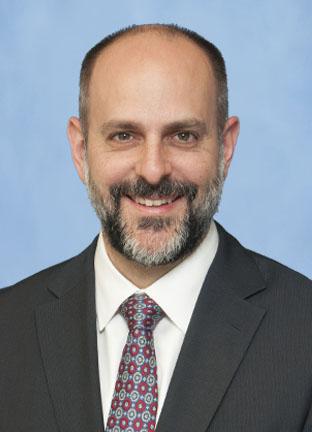Acute Care Surgery at Michigan provides care for patients with serious trauma and burn injuries, and delivers surgical services for emergencies and for critical care medicine. Our clinical specialties include:
- Trauma Surgery: Trauma surgeons treat more than 1,500 people a year as part of a multidisciplinary team of care providers — an approach that’s been shown to improve outcomes for patients recovering from a serious injury. Few institutions have achieved Level 1 Trauma Center verification for both adults and children, a fact that demonstrates our longstanding commitment to providing the best and most responsive resources for the treatment of trauma.
- Burn Surgery: Michigan Medicine is home to the state’s only adult and pediatric Verified Burn Center, making our team of surgeons and scientists recognized leaders in not just burn injury treatment, but also burn prevention, education, and research. We treat more than 250 patients a year, serving as a referral center that can offer treatments not found elsewhere, including fractional CO2 laser treatment of burn scars. Expanding our services regionally, we also coordinate the health care response for burn mass casualties through our Burn Center and the Michigan Department of Health and Human Services, improving the entire state’s readiness for emergency response.
- Surgical Critical Care: Surgical Critical Care surgeons care for patients in a surgical and a trauma burn ICU, serving as a tertiary and quaternary care center for patients around the region. Our areas of strength include acute respiratory distress syndrome (ARDS), extracorporeal membrane oxygenation (ECMO), complex ventilator management, hospital-acquired infections, and treatment of major trauma and burns, including wound and skin disorders such as necrotizing soft tissue infection. Our ICUs are award-winning, recognized for their excellence in family-centered critical care.
- Emergency General Surgery: Through this service, we provide timely surgical assessment and operative management for general surgery patients with acute conditions. By concentrating the care of a patient in the hands of a single team, we can improve health outcomes through better coordination and better management of each case.
By coupling patient care and research, we seek to improve health care outcomes and prevent injuries, improving the quality of life for patients here and everywhere. Through our comprehensive fellowship training program, we pass on this knowledge to the next leaders in surgical critical care.


